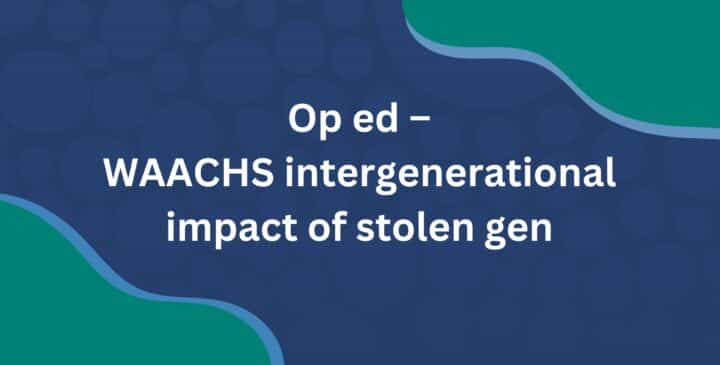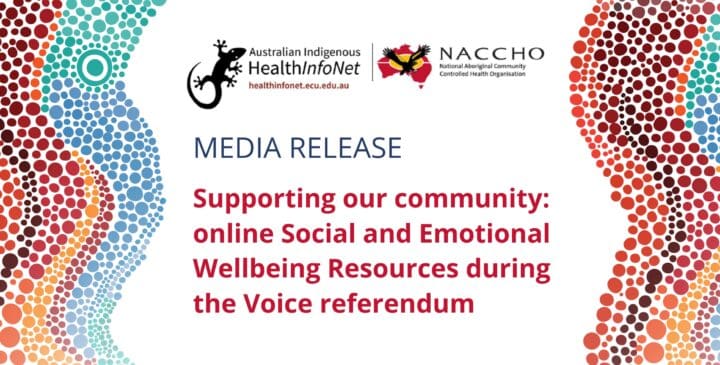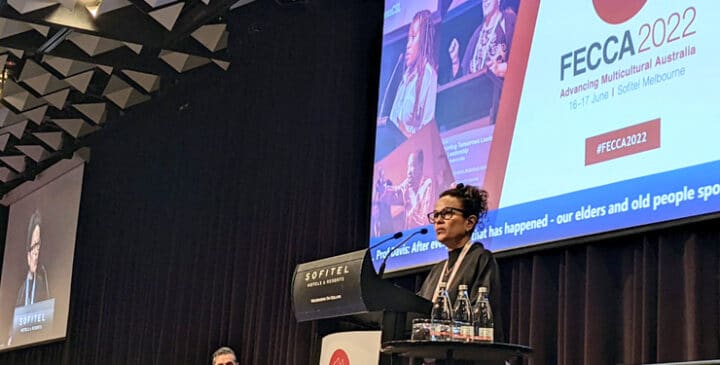

World Mental Health Day 2020: NACCHO emphasises the support needed to Close the Mental Health Gap
Tomorrow is World Mental Health Day, and NACCHO is emphasising that the commitment in the National Agreement on Closing the Gap needs continued funding support to close the mental health gap.
In Australia, the rate of suicide in Aboriginal and Torres Strait Islander communities continues to grow. NACCHO Chair Donnella Mills states, “Our people experience very high levels of trauma at nearly three times the rate of other Australians and recent statistics point out that we are twice as likely to commit suicide.
“The new targets in the National Agreement on Close the Gap focuses on 16 socio-economic targets which were not included in the previous Closing the Gap strategy such as suicide, children in out-of-home care, adult incarceration and juvenile detention.”
To meet these targets, NACCHO believes sustained funding support for Aboriginal led, culturally appropriate mental health and suicide prevention programs is critical. “We will not stop advocating for appropriate funding to Aboriginal Community Controlled Health Organisations (ACCHOs) until the Mental Health Gap is closed. We need funding support for sustainable community-led solutions to expand their mental health, social and emotional wellbeing, suicide prevention, and alcohol and other drug services, which use best-practice trauma-informed approaches,” said Ms Mills.
There is a range of evidence which demonstrates that community-led initiatives, exemplified by the values, beliefs and services of ACCHOs, are critical for designing programs that strengthen social and emotional wellbeing and promote healing. “We know our ACCHOs are best placed to deliver these critical services because they understand the issues affecting their communities,” Ms Mills said.
For Aboriginal and Torres Strait Islander peoples, social determinants affecting mental health can include factors such as cultural identity, family, intergenerational trauma, participation in cultural activities and access to traditional lands.
~ END ~

